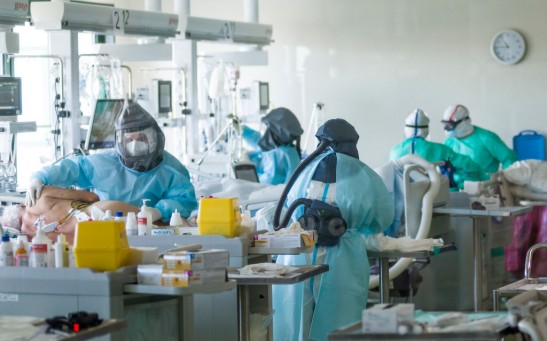Coronavirus
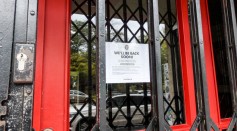
Europe's Second Wave of Lockdowns Met With Protests and Opposition
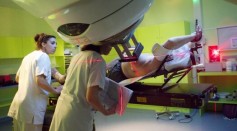
Scientists Propose Using Low Dose Radiation Therapy to Treat Coronavirus
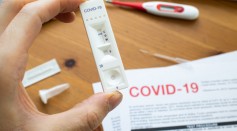
Covid-19 is Similar to Coronavirus in Terms of Antibodies and Immunity, Study Says
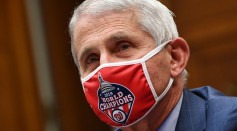
You Might Be Ignoring the Easiest Way To Catch COVID-19, Fauci Says
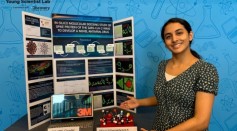
14-Year-Old Anika Cebrolu Is Named "America's Top Young Scientist" for Coronavirus Research
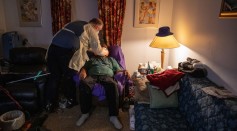
Long-Haulers May Suffer From One of Four Syndromes After Recovering From Coronavirus
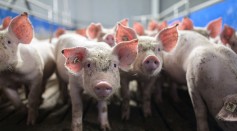
SADS-CoV in Pigs Replicates in Human Cells, Study Reveals
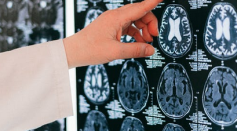
Covid-19 is Linked to Various Neurological Conditions and Possible Brain Damage
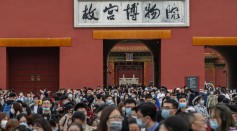
Coronavirus Pandemic is "Basically Non-Existent" in China
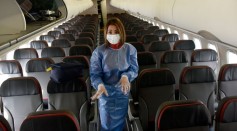
Aviation Clean Air System Enhances Air Quality During Flights
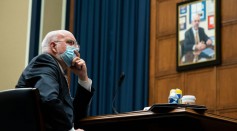
Experts Clarify COVID Death Count, Public is Encouraged to Avoid Mass Gatherings
Most Popular

How Technology Is Changing the Real Estate Industry?

How a Plant-Based Diet Can Protect Against Breast Cancer: Insights from Nutrition Research

Study Reveals High Turnover in Scientific Research Careers: What This Means for Future Scientists

Why It's So Difficult to Lose Weight: The Biological Explanation Behind Obesity

